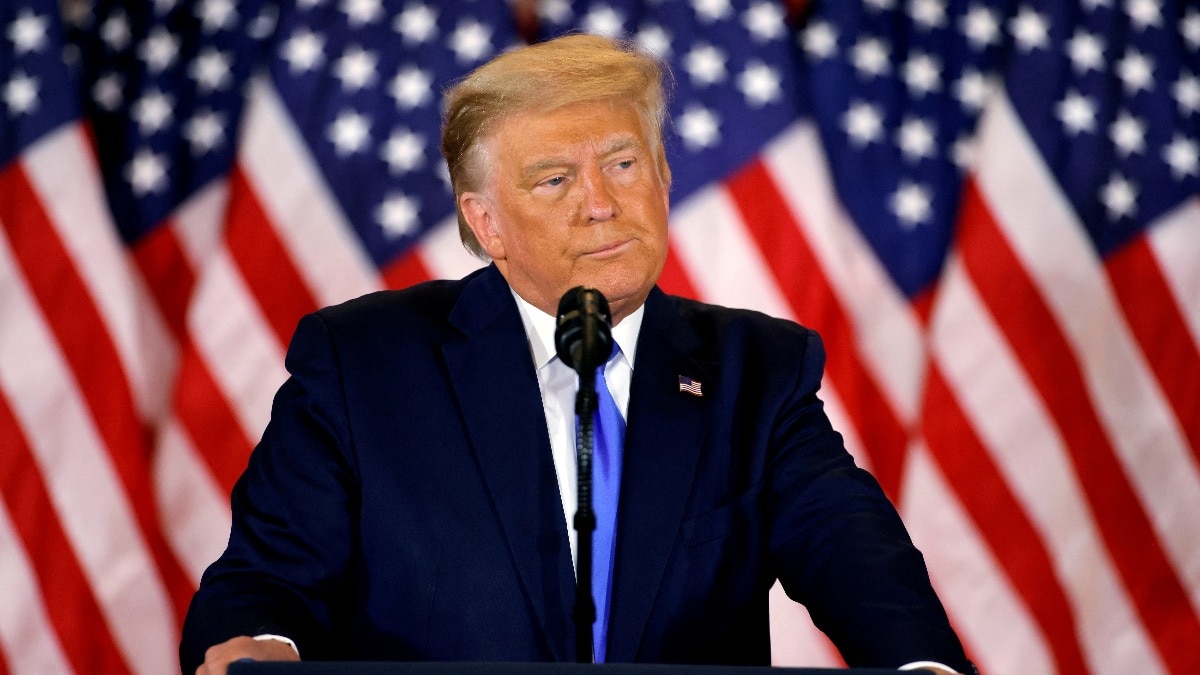The Motion Picture Association
(MPA), a trade association representing Hollywood studios, including Paramount, Sony, Universal, and Disney, has announced a new initiative to tackle the pervasive issue of
digital piracy
during
CinemaCon
in Las Vegas.
Charles Rivkin
, the MPA's Chairman and CEO, revealed the organisation's plan to work with Congress to introduce
site-blocking legislation
in the United States.
"Site-blocking is a targeted, legal tactic to disrupt the connection between digital pirates and their intended audience," Rivkin explained. "It allows all types of creative industries – film and television, music and book publishers, sports leagues and broadcasters – to request, in court, that internet service providers block access to websites dedicated to sharing illegal, stolen content."
Rivkin emphasised the significant economic impact of digital piracy on the film industry, stating, "In the U.S. alone, it steals hundreds of thousands of jobs from workers and tens of billions of dollars from our economy, including more than one billion in theatrical ticket sales."
The MPA's decision to pursue site-blocking legislation comes as a response to the growing sophistication of piracy operations. "These enterprises are engaged in insidious forms of theft, breaking laws each time they steal and share protected content," Rivkin said. "These activities are nefarious by any definition, detrimental to our industry by any standard, and dangerous for the rights of creators and consumers by any measure."
The MPA's decision to pursue site-blocking legislation comes as a response to the significant economic impact of digital piracy on the film industry. Rivkin stated that piracy costs the US economy billions of dollars annually, including more than one billion dollars in lost theatrical ticket sales, and results in the loss of hundreds of thousands of jobs.
To illustrate the potential impact of site blocking in the US, Rivkin cited the example of
FMovies
, one of the world's largest illegal streaming sites. "One of the largest
illegal streaming sites
in the world, FMovies, sees over 160 million visits per month and because other nations already passed site blocking legislation, a third of that traffic still comes from the United States," he noted. "Imagine if those viewers couldn't find pirated versions of films through a basic internet search. Imagine if they could only watch the latest great movies when they're released in their intended destinations: your theatres."
Rivkin called for the support of theatre owners in this endeavour, stating, "The MPA is leading this charge in Washington. And we need the voices of theatre owners – your voices – right by our side. Because this action will be good for all of us:
Content creators
. Theatres. Our workforce. Our country."
During his speech, Rivkin addressed concerns raised in previous debates about site blocking, such as the potential impact on free speech and the internet's functionality. He pointed to the experiences of countries that have already implemented site-blocking measures, noting that the internet has continued to thrive and that instances of free speech violations have been practically non-existent.












 English (US) ·
English (US) ·